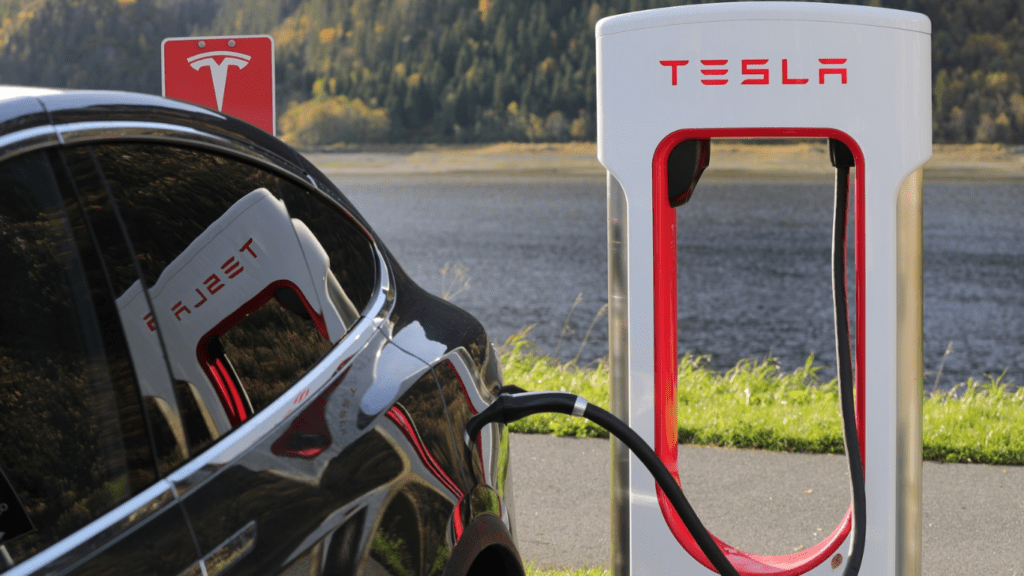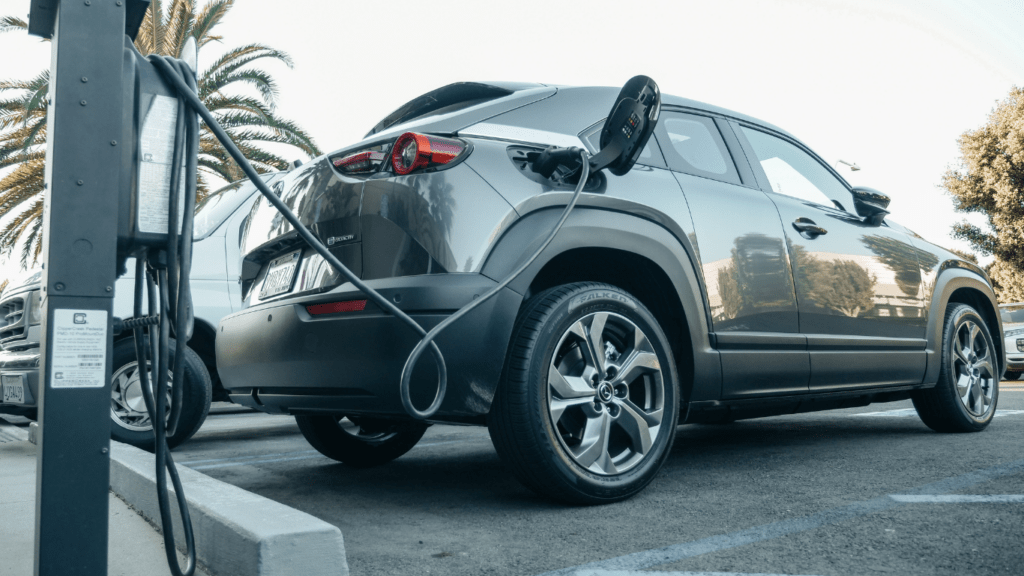As an avid observer of the automotive industry, I’ve witnessed a remarkable shift in consumer preferences towards electric vehicles (EVs). The surge in market share for EVs has been nothing short of impressive, signaling a significant transformation in the way we perceive and use transportation. With advancements in technology and growing environmental consciousness, more drivers are making the switch to electric, reshaping the landscape of the automobile market.
In this article, I delve into the fascinating realm of EVs, exploring the factors driving their rise in popularity and the evolving preferences of consumers. From Tesla’s innovative models to traditional automakers’ electrification efforts, the competition in the EV market is heating up, offering consumers a diverse range of options to choose from. Join me as we navigate through the dynamic world of electric vehicles, uncovering the trends that are shaping the future of transportation.
The Surge in Electric Vehicle Popularity
The growing popularity of electric vehicles (EVs) has been remarkable in recent years, influenced by various factors such as technological advancements and increased environmental awareness.
Market Share Trends
The market share of electric vehicles (EVs) has seen a significant uptick in recent times, with a noticeable shift towards sustainable transportation options. According to recent industry reports, EVs accounted for 3% of global car sales in 2020, a substantial increase from previous years. This trend is expected to continue as more manufacturers invest in electric vehicle production, aiming to meet the rising demand for eco-friendly alternatives.
Factors Driving Growth
Several key factors are propelling the growth of electric vehicles (EVs) in the automotive market. Innovations in battery technology have significantly enhanced the driving range of EVs, addressing one of the primary concerns among consumers. Moreover, government incentives and regulations promoting clean energy consumption have played a pivotal role in encouraging the adoption of electric vehicles. The continuous efforts of leading automotive companies to expand their electric vehicle offerings and infrastructure also contribute to the surge in EV popularity.
Consumer Preferences and Behavior
Buying Motivations
When considering electric vehicles, consumers are primarily motivated by environmental concerns, cost savings on fuel and maintenance, and the desire to adopt advanced technology that aligns with sustainable practices. The shift towards eco-friendly transportation solutions is a key driver influencing consumers to choose electric vehicles over traditional gasoline-powered cars. Government incentives and rebates further incentivize consumers to make the switch to electric vehicles, contributing to the growing market share of EVs globally.
Preference for Models and Brands
Consumers show a preference for electric vehicle models that offer longer driving ranges, fast-charging capabilities, and a variety of advanced features such as autonomous driving technology and enhanced connectivity options. Leading electric vehicle brands like Tesla, Nissan, and Chevrolet are popular choices among consumers due to their reputation for innovation, reliability, and established charging infrastructure. The availability of diverse models catering to different consumer needs and preferences plays a significant role in shaping consumer behavior towards electric vehicles.
The Role of Government Policies
Government policies play a crucial role in shaping the landscape of the electric vehicle (EV) market. Incentives, subsidies, and regulations are key factors that influence consumer choices and the overall adoption of EVs.
Incentives and Subsidies
I’ll discuss the various incentives and subsidies offered by governments worldwide to encourage the adoption of electric vehicles. These can include tax credits, rebates, and grants aimed at making EVs more affordable for consumers. Incentives play a significant role in accelerating the shift towards sustainable transportation by offsetting the higher initial costs of EVs and promoting their widespread adoption.
Regulations Impacting Adoption
Regulations related to emissions standards, fuel economy targets, and bans on internal combustion engine vehicles significantly impact the adoption of electric vehicles. These regulations not only push automakers to innovate and produce more eco-friendly vehicles but also create a more conducive environment for consumers to choose electric vehicles over traditional gasoline-powered cars. By setting clear guidelines and targets, governments can drive the transition towards a greener transportation sector.
Electric Vehicles and Environmental Impact
Electric vehicles (EVs) play a crucial role in reducing carbon emissions and mitigating climate change.
- Reduction in Carbon Footprint
EVs are pivotal in lowering carbon footprints as they produce zero tailpipe emissions. By switching to electric vehicles, individuals can contribute significantly to reducing greenhouse gas emissions and air pollution. - Other Environmental Benefits
In addition to reducing carbon footprints, electric vehicles offer various other environmental benefits. They help decrease noise pollution in urban areas, as EVs operate more quietly than traditional gas-powered vehicles. Furthermore, EVs contribute to lower dependence on fossil fuels, promoting energy diversification and sustainability in the transportation sector.
Future Outlook for Electric Vehicles
Technological Advancements
Innovations in battery technology continue to drive the rapid evolution of electric vehicles. Advancements in battery capacity, efficiency, and cost are enhancing the performance and affordability of EVs. Companies are investing heavily in research and development to push the boundaries of electric vehicle technology, leading to improved range, faster charging times, and overall better driving experiences.
Predicted Market Shifts
The electric vehicle market is poised for significant growth in the coming years. With increasing consumer demand for sustainable transportation options and governments worldwide promoting eco-friendly initiatives, electric vehicles are expected to capture a larger share of the automotive market. Forecasts suggest a substantial rise in EV sales, spurred by expanding product offerings, infrastructure development, and a shift towards greener practices. As the industry continues to innovate and adapt to meet consumer preferences, electric vehicles are set to become mainstream choices for environmentally conscious consumers seeking efficient and advanced mobility solutions.




